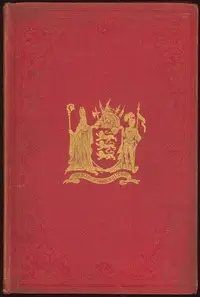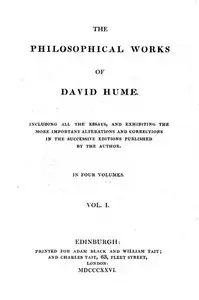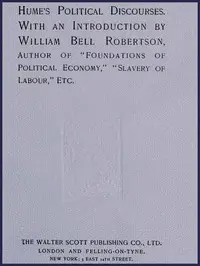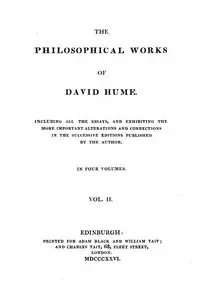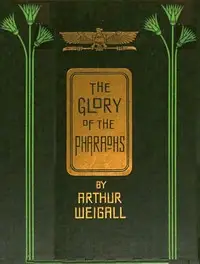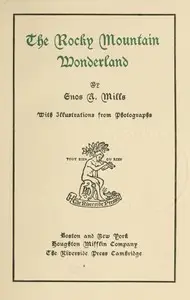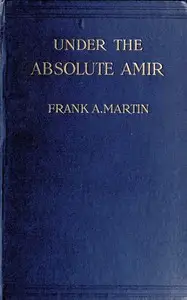"The History of England in Three Volumes, Vol. I., Part E." by David Hume is a historical account written in the late 19th century. The volume focuses on the tumultuous period from the reign of Charles I through to Cromwell, capturing the complex dynamics between monarchy and parliament during a significant era in English history. Hume's work likely delves into the political struggles, social changes, and evolving concepts of governance that define this critical period. The opening of the volume sets the stage for the events that unfolded as Charles I assumed the throne. It details Charles's aspirations and initial attempts to summon Parliament to address pressing financial needs while underscoring the burgeoning tensions between royal authority and parliamentary power. As he navigates this delicate political landscape, Hume highlights the contrasting motivations of both the king and Parliament—Charles's desire for a unified front against external threats and the Commons' growing insistence on protecting civil liberties and imposing limits on the crown's power. This opening segment introduces readers to the intricate interplay of ambition, conflict, and ideological shifts that characterized early 17th-century England. (This is an automatically generated summary.)
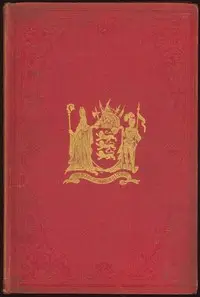
The History of England in Three Volumes, Vol. I., Part E. From Charles I. to Cromwell
By David Hume
"The History of England in Three Volumes, Vol. I., Part E." by David Hume is a historical account written in the late 19th century. The volume focuses...
David Hume was a Scottish philosopher, historian, economist, and essayist who was best known for his highly influential system of empiricism, philosophical scepticism and metaphysical naturalism. Beginning with A Treatise of Human Nature (1739–40), Hume strove to create a naturalistic science of man that examined the psychological basis of human nature. Hume followed John Locke in rejecting the existence of innate ideas, concluding that all human knowledge derives solely from experience. This places him with Francis Bacon, Thomas Hobbes, John Locke, and George Berkeley as an empiricist.

